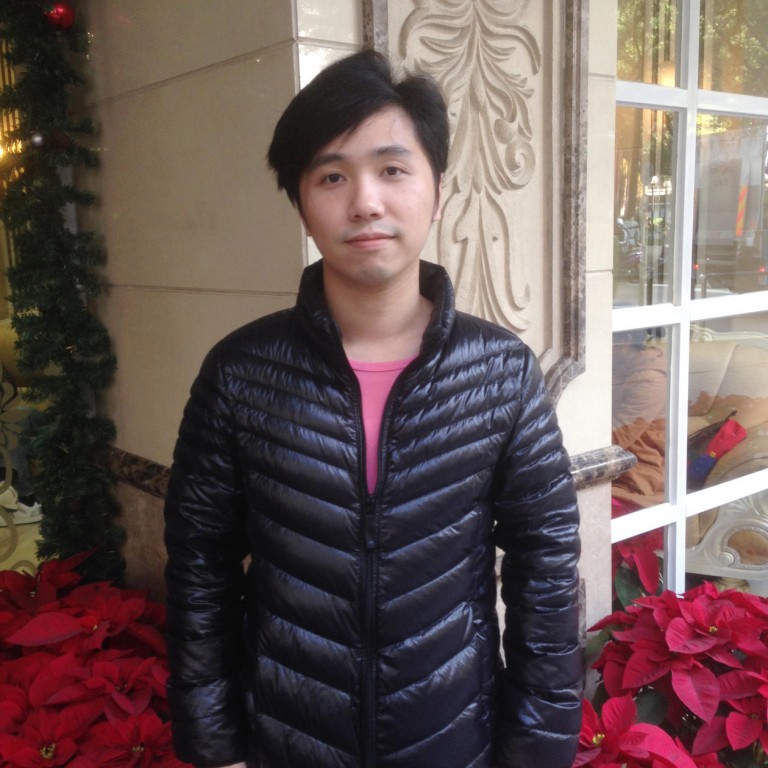
Macau croupiers anxious about future amid Xi Jinping's anti-graft campaign
Body-clock-bending working hours, angry ashtray-throwing high rollers and the stress of being watched by CCTV every second of your shift. It's all in a day's work for the vast army of croupiers who make Macau's casino tables tick.
Body-clock-bending working hours, angry ashtray-throwing high rollers and the stress of being watched by CCTV every second of your shift. It's all in a day's work for the vast army of croupiers who make Macau's casino tables tick.
But now they've got something else to think about as they deal with one of the most stressful jobs on the planet.
An unprecedented Beijing-led crusade to wean the city off its gaming-addicted model could reshape the nature of their work, or even force them to find a new career.
It could be argued that the lot of the former Portuguese enclave's 26,000 casino dealers goes to the very heart of the problem President Xi Jinping aims to solve with his graft clean-up and economic-diversification drive. It's a task that will require a complete rethink of the way the city operates, as the reality of its dizzying climb to become the world's No 1 gaming hub begins to dawn.
But old habits die hard and VIP-room dealer Ieong Wan-ting - who has worked in the city's casinos for just more than a decade - says he is making no plans for life beyond the tables.
A baccarat dealer at Wynn Macau, the 29-year-old has seen friends and family lose their jobs overnight as the smaller junket companies catering to mainland high rollers have fallen victim to winds of change.
Until now, Ieong has not been directly affected, but senses the writing may be on the wall after not being asked to apply for overtime during the peak Lunar New Year season, something that has always been a given.
Ieong said that despite falling casino revenues, he and his colleagues would stay put for now, as it was tough to find jobs outside the industry.
"We haven't got other experience, so finding jobs outside casinos is hard, and to go from earning 20,000 patacas to getting paid 10,000 patacas or so just isn't acceptable," he said.
Ieong's wife and three members of his immediate family also work in casinos as either dealers or supervisors.
Almost 58,000 people are employed in gaming in Macau, and about 26,000 of those are casino dealers, according to government census data.
Dealers like Ieong earn an average of 17,530 patacas a month, compared to the city's median wage of 13,000 patacas.
As gaming revenues have slipped, casinos have started offering staff unpaid leave, and asking others to wait before starting jobs to reduce costs, Ieong and local academics say.
Then there's the stress of gamblers' quirks - amplified by the often huge amounts they wager - because it's the men and women with the money who set the tone in the VIP rooms, according to Ieong.
Dealers must learn how to handle angry gamblers when they lose, and to err on the right side of professional and friendly at the tables, Ieong explained.
"A common thing for an upset guest to do is to throw an ashtray, they throw it anywhere and sometimes they hit people," Ieong said, adding that he has also seen chairs tossed around when a gambler has lost.
Carlos Siu Lam, an associate professor of gaming at Macao Polytechnic Institute, said dealers had to learn to read facial clues on the job, as this was not a natural trait for most of the city's 600,000 residents.
Mainland gamblers in Macau were more serious than Westerners in Las Vegas, which could cause tension, Siu added.
Rather than viewing Xi's graft crackdown as a threat to his livelihood, Ieong believes the campaign can have a positive long-term effect on Macau.
But he offered a note of caution: "Ten years ago, it [Macau] was more diverse, those who wanted to open businesses existed, but not now."

